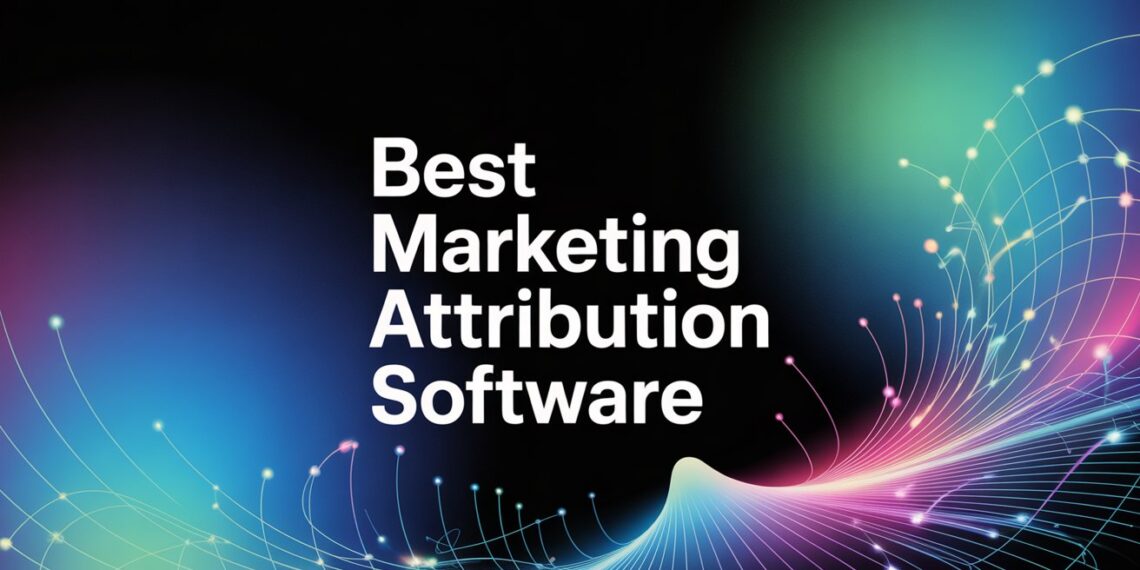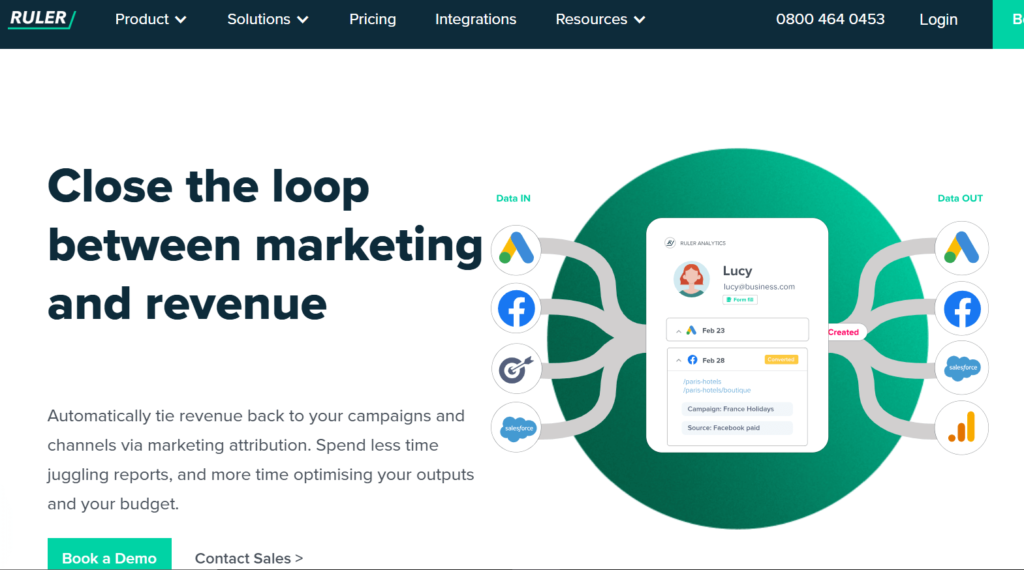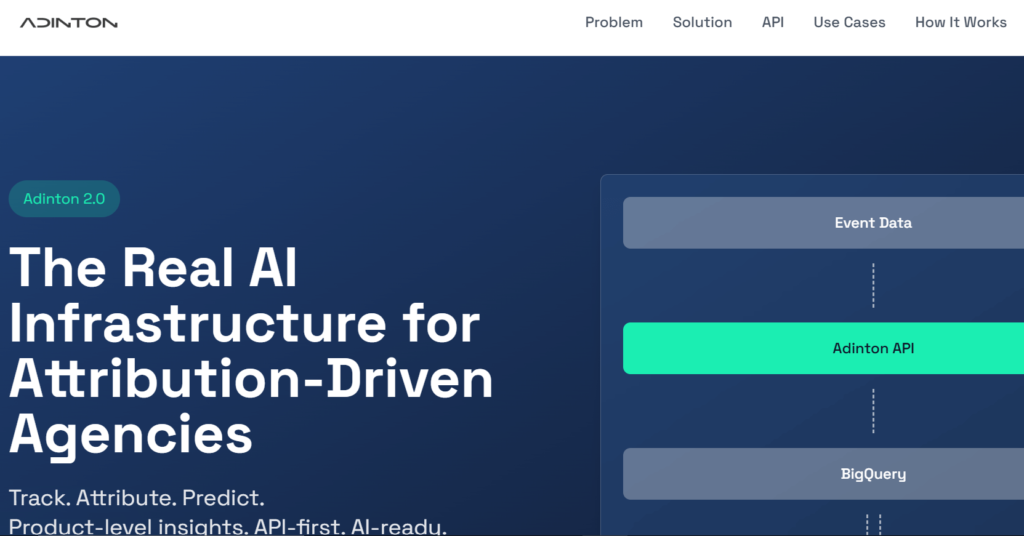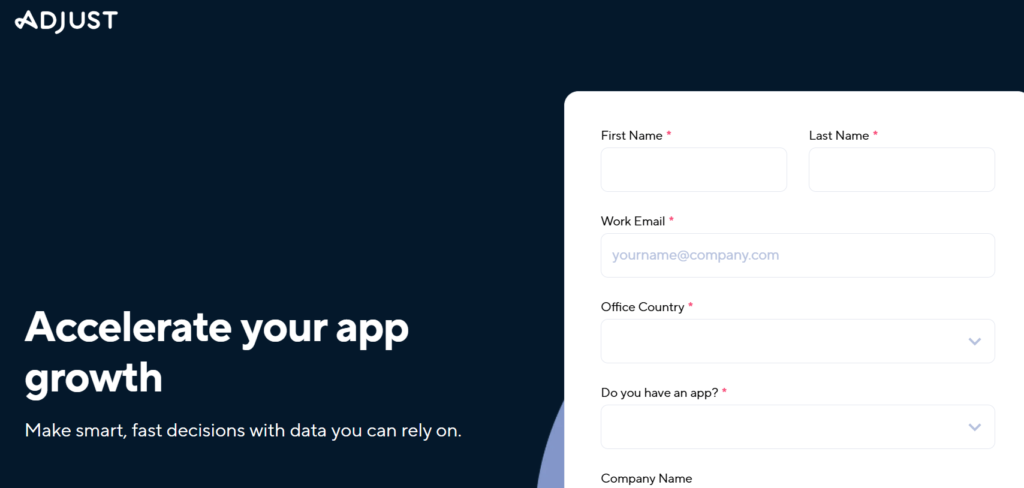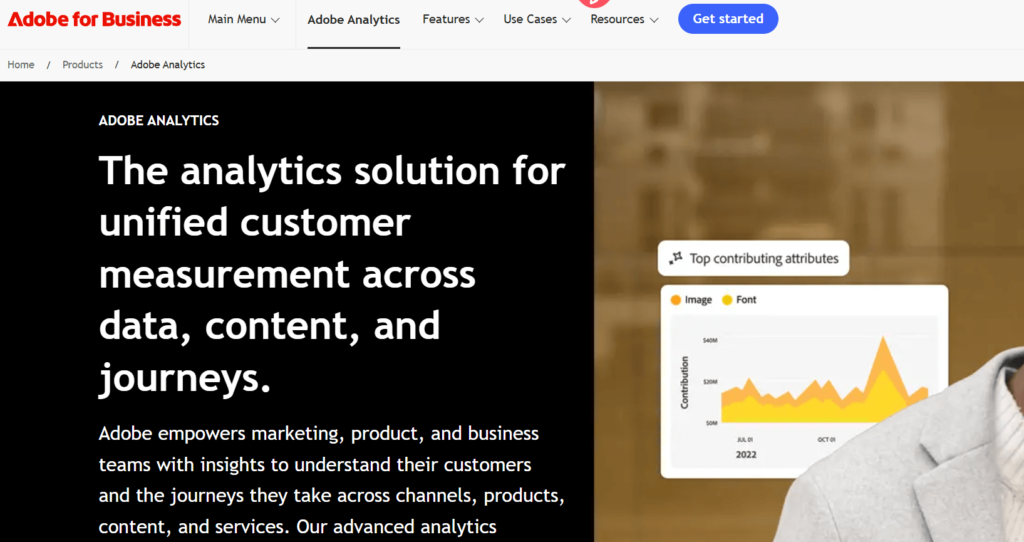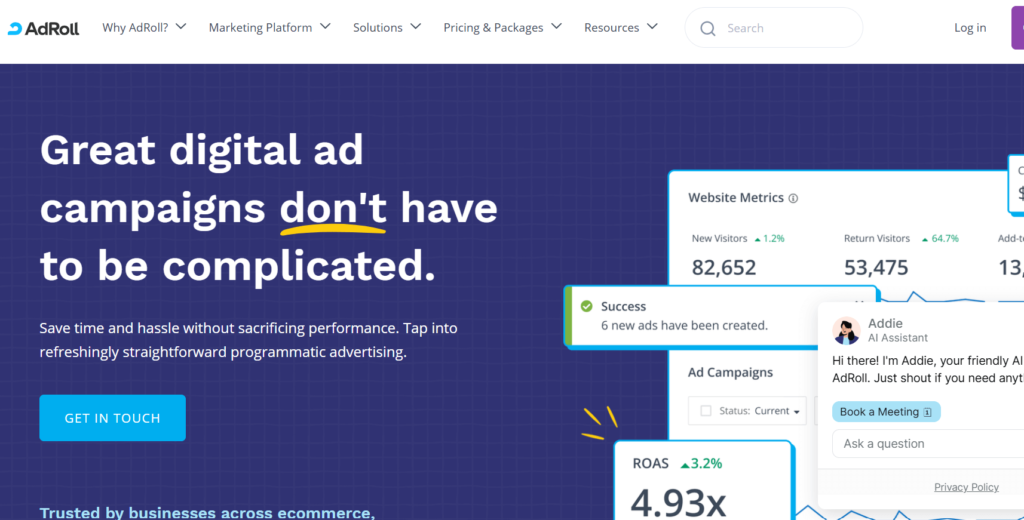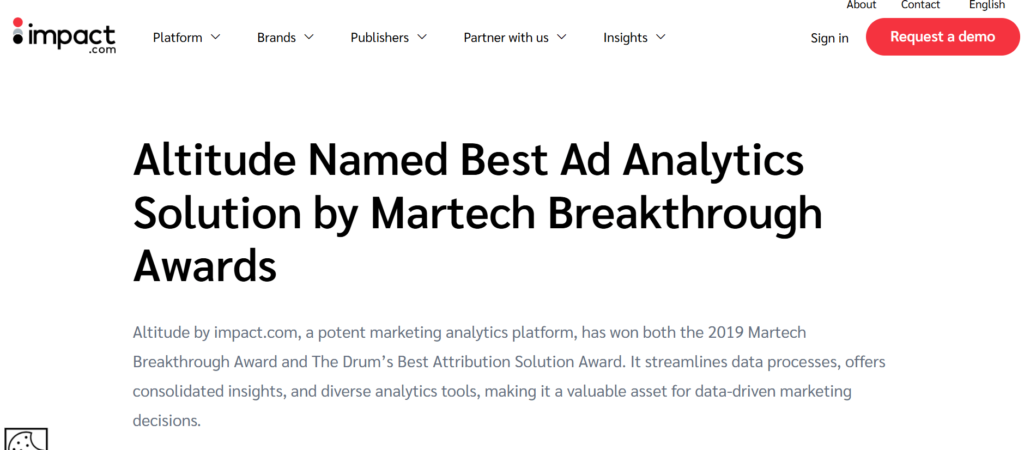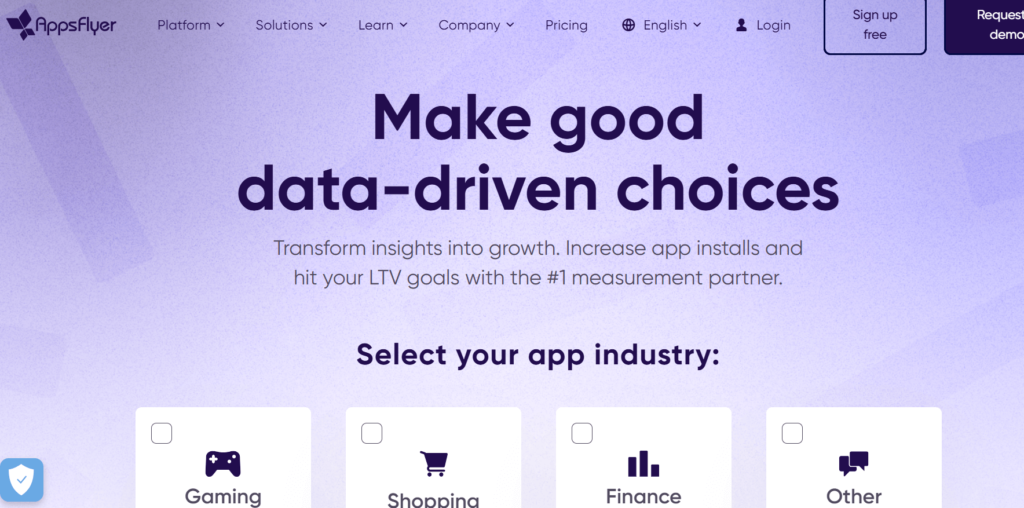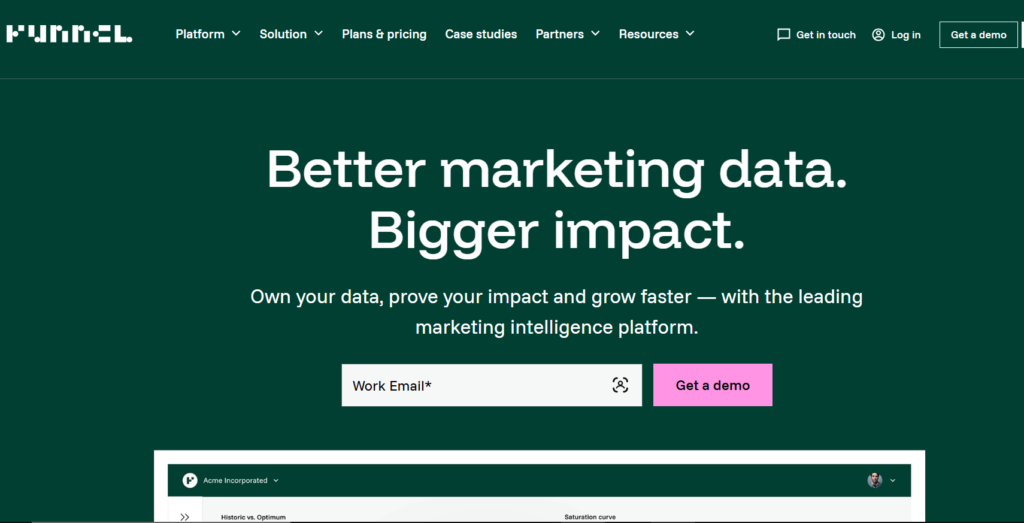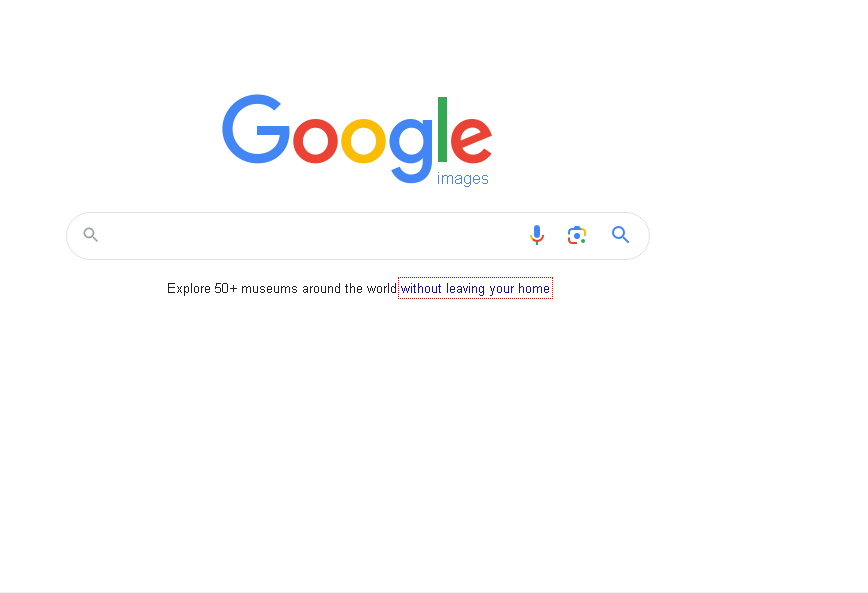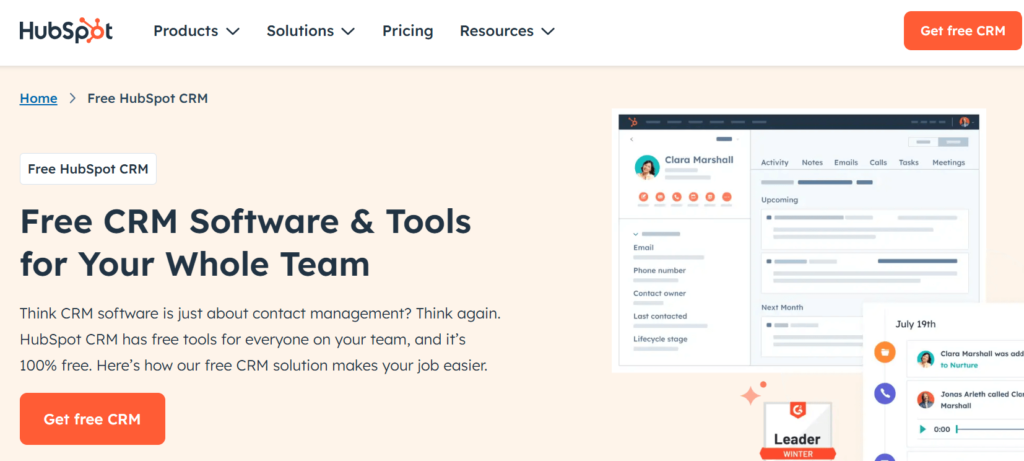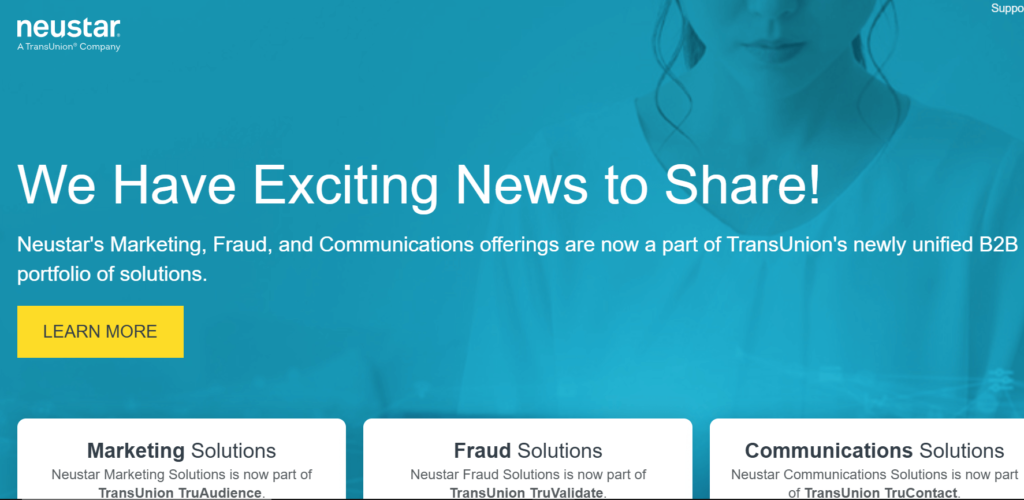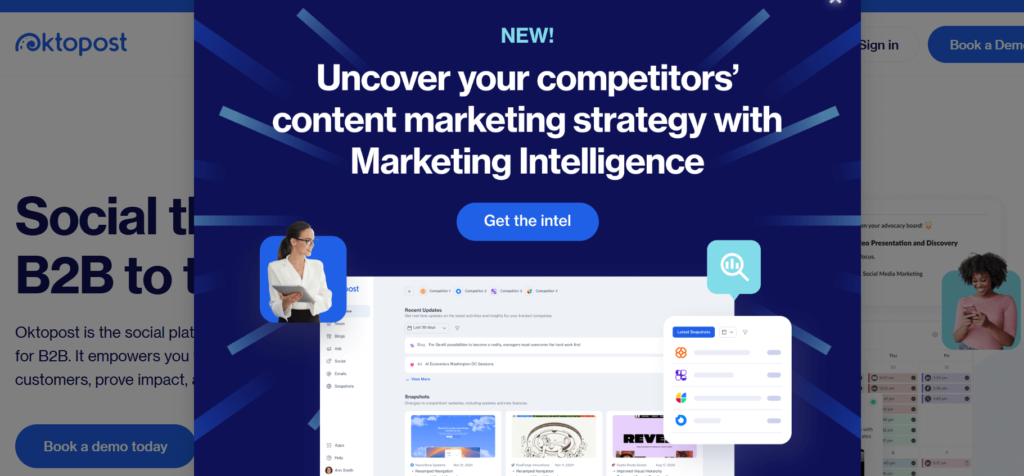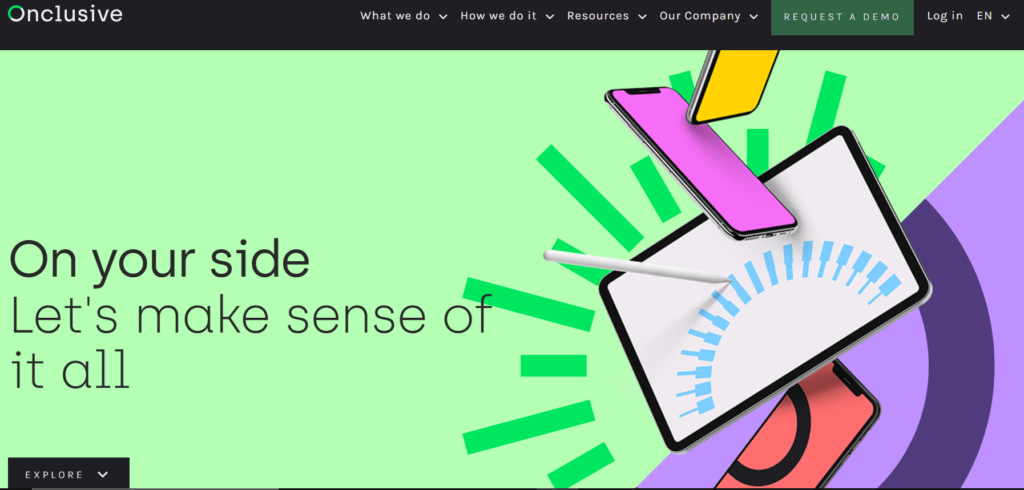Marketing attribution is one of the most critical — and often most challenging — aspects of data-driven marketing. Without the right attribution tools, it becomes nearly impossible to accurately assign conversions to the correct marketing channels. In fact, only 17% of marketers report being able to evaluate the performance of all their digital channels effectively.
However, when implemented correctly, marketing attribution can uncover powerful insights that help optimize your campaigns, boost conversions, and significantly increase your revenue.
What Is Marketing Attribution Software?
Marketing attribution software helps you determine which touchpoints across the customer journey such as ads, emails, landing pages, or social posts contribute most to a conversion or sale. These tools enable marketers to:
-
Track channel and campaign performance.
-
Identify the customer paths that lead to conversions.
-
Optimize ad spend by reallocating budget to high-performing sources.
The best tools allow you to view your performance through multiple attribution models, so you can make strategic decisions based on comprehensive data.
Without marketing attribution software, you’re likely wasting budget on underperforming channels and missing out on key insights.
Understanding Marketing Attribution Models
Marketing attribution models are frameworks used to assign credit to marketing touchpoints. They reveal how your audience interacts with your brand before converting and which efforts contribute most to conversions.
Common Attribution Models:
-
First-Click: Credit goes to the first touchpoint.
-
Last-Click: Credit is given to the last interaction.
-
Last Non-Direct Click: Ignores direct visits and credits the last marketing channel.
-
Linear: Distributes credit evenly across all touchpoints.
-
Time-Decay: Gives more credit to recent touchpoints.
-
Position-Based: Attributes 40% to first and last interactions, splitting the rest across the middle.
Each model paints a different picture of your funnel’s effectiveness. Choosing the right model depends on your business goals and customer journey complexity.
Why Is Marketing Attribution Software Important?
If you’re still relying solely on Google Analytics for conversion tracking, you’re missing the full picture. Attribution software fills in the gaps by showing how various marketing efforts contribute to sales — even if the interaction happens early or midway in the funnel.
Key Benefits:
-
Smarter Budget Allocation: Shift spend from underperforming to high-impact channels.
-
Improved ROI Visibility: Understand how even low-frequency touchpoints drive results.
-
Enhanced Campaign Optimization: Make data-backed decisions on which strategies work.
How to Choose the Right Marketing Attribution Software
Finding the right attribution tool is crucial and should be based on your business size, goals, tech stack, and budget.
1. Affordability
Prices range from a few hundred to several thousand dollars per month. Look out for extra charges on setup, usage limits, or integrations. Always weigh cost against the value provided.
2. Feature Set & Native Integrations
Choose tools that seamlessly integrate with your current marketing, CRM, and sales platforms. A good fit within your Martech stack ensures streamlined data syncing and actionable reporting.
3. Full Customer Journey Tracking
If your sales journey includes offline interactions (phone calls, in-store visits), choose a platform that tracks both online and offline touchpoints to get a 360-degree view of attribution.
Top 15 Marketing Attribution Tools for 2025
Ready to find your perfect solution? Here are the top marketing attribution platforms to consider:
1. Ruler Analytics
Ruler is first on our list. You’ll realize why we may seem biased once you’ve seen it. A closed-loop marketing attribution tool called Ruler can give you a plethora of information about your marketing ROI. You can use it to link all of your marketing initiatives to sales. Ruler accomplishes this by identifying visitors to your website and tracking each one’s individual path through many touchpoints. Ruler Analytics links the user’s information to their marketing touchpoints whenever an anonymous visitor converts into a lead and provides the resulting data to your CRM.
2. Adinton
Adinton is a comprehensive package for marketing optimization that has capabilities to support your marketing attribution. The tool keeps track of your marketing expenditures, clicks, and conversions and then gives you feedback on how successful each channel was and if you invested too little or too much in each. After the data is gathered, Adinton assists you in taking action to enhance the performance of your campaign and make the best use of your marketing resources. To provide you with a complete picture, they also collect offline data and data from different domains and devices.
3. Adjust
Adjust is a mobile attribution platform that may provide you with useful data to grow your mobile app. The Adjust platform has great strength. You can track which advertisements resulted in conversions right down to the ad creatives that customers saw. Unlike many other solutions, they have integrated an anti-fraud mechanism onto their site to guarantee that your data and budget are secure and never misrepresented. They immediately interact with more than 2,000 advertising partners, making it simple for you to set up and begin collecting campaign data.
4. Adobe Analytics
The built-in Attribution modelling tools in Adobe Analytics are a fantastic choice if you’re already a part of the Adobe ecosystem and intend to stay there. All the tools you’ll need are in Adobe Analytics, including machine learning and advanced statistics, to assist you and your team evaluate the success of your marketing and understanding when and how your customers are ready to make a purchase. You must get a specific price from Adobe Analytics based on your traffic volumes and needs if you want to use it for your marketing attribution.
5. Adroll
AdRoll’s Growth Marketing product, a recent addition to our list, analyzes your customer journeys and gives credit where credit is due to the marketing channels that drive conversions. It offers advertisers a unified view of their marketing mix and provides extensive insights into how campaigns work across numerous channels.
6. Altitude by Impact
It’s intended to serve as a one-stop shop for marketing teams who want a comprehensive overview of their conversion statistics across all channels so they can identify the sources of their successes and failures immediately. With their drag-and-drop system, you may create your own customized reporting framework and dashboards to guarantee that your reports are suited to your particular requirements.
7. AppsFlyer
Appsflyer is for you if a mobile app is the core of your company’s operations. Appsflyer is a marketing attribution platform for mobile apps that, as its name implies, assists marketers in attributing app installs to web-based touchpoints. This will aid in campaign optimization and enable you to link conversions to the various platforms you’re using to market your goods, such as app stores, Facebook, Google Ads, TV, email, or organic traffic.
8. Demandbase
Demandbase offers a complete set of marketing attribution tools, but they are only useful if your business is large enough to take full advantage of them. Demandbase monitors all of a lead’s interactions with your brand, not only those that occurred as a result of focused marketing campaigns, in contrast to certain other attribution tools. Demandbase is an ABM platform, therefore you can use it to determine how engaged your leads are by directly linking your marketing attribution data to your accounts.
9. Funnel
With the use of the data collecting tool funnel, you can generate automatic reports from marketing and advertising data to help you choose your targets and budgets more wisely. To rapidly see how each channel relates to your objectives, the funnel allows you to easily evaluate your campaign data from all of your channels in one location. Since Funnel collects all of the data, you won’t need to combine data from several sources. As a result, when it comes to creating your reports, you’ll save time and effort. Additionally, you may import the data into your preferred applications, like Google Analytics, Sheets, and Data Studio.
10. Google Attribution
Even though Google’s Attribution service is still in beta, it’s an excellent alternative if you frequently run ads on Google Ads and don’t have the funds for other attribution tools. It is a component of the Google Analytics ecosystem, and Google Attribution offers more information about the effectiveness of your Google Ads. All marketers get free access to it. It assists you in understanding multi-click and multi-channel trips in a way that is impossible to achieve manually, as you would expect from any attribution tool.
11. HubSpot Attribution
I’m sure most of you have heard of HubSpot. It is a pioneer in marketing and sales automation. However, it’s also creating a stir in the crediting community. Your CRM and marketing data are connected by HubSpot, enabling you to assign different touchpoints to each stage of the customer experience. With its attribution reporting, you can determine which particular channels are increasing revenue and take wiser actions to boost your marketing effectiveness.
12. Looker
From reporting to attribution, Looker’s marketing analytics tools and software may assist with a wide range of marketing duties. With the aid of Looker, you can see customer interactions across all touchpoints, enabling you to interact with all customers more intimately and pertinently. Creating data visualizations is a more engaging manner than is otherwise feasible to understand your clients, which is also a simple process. Depending on your needs, it costs between $3,000 and $5,000 a month, like some of the other marketing attribution modelling tools listed below.
13. Neustar
Spending money on offline advertising? You should use Neustar. The multi-touch attribution tool from Neustar assists marketers in tracking the effectiveness of both their online and offline efforts. It enables marketers to comprehend the entire client journey and determine the effect omnichannel efforts have on conversion rates. You may real-time optimize your campaigns and maximize your budgets with the help of the data Neustar offers.
14. Oktopost
A platform for social media distribution and attribution for B2B marketers is called Oktopost. With the data it gathers, it enriches your leads and interfaces with well-known marketing automation platforms like Marketo, Eloqua, and Act-On. Oktopost will tell you whether or not your social media marketing efforts are successful, so you don’t have to wait and hope for results. You can either redirect your efforts or intensify what is already working.
15. Onclusive
Onclusive is for you if your business invests in public relations or is frequently highlighted in media around the world. A PR analytics and attribution platform called Onclusive enhances the way your company interacts with the outside world. Instead of just tracking brand mentions, Onclusive shows you the impact of such mentions and offers advice on how to amplify and optimize your media mentions to increase your visibility.
Choosing the Best Marketing Attribution Tool for Your Business
There’s no one-size-fits-all solution. To make the right choice:
-
Collaborate with your marketing and sales teams to understand their reporting needs.
-
Audit your current marketing stack for integration compatibility.
-
Define your business goals — are you focusing on lead generation, app installs, or cross-channel ROI?
Once you implement the right attribution tool, expect transformative insights into how your marketing efforts drive revenue and growth.
Final Thoughts
Marketing attribution is no longer optional. In a competitive digital landscape, understanding your customer journey and marketing ROI is essential.
Whether you’re running paid ads, organic content, or offline campaigns, using one of the tools above will help you optimize spend, increase conversions, and fuel growth. If you’re ready to see these insights in action, consider starting with a demo of Ruler Analytics a leader in closed-loop attribution.

